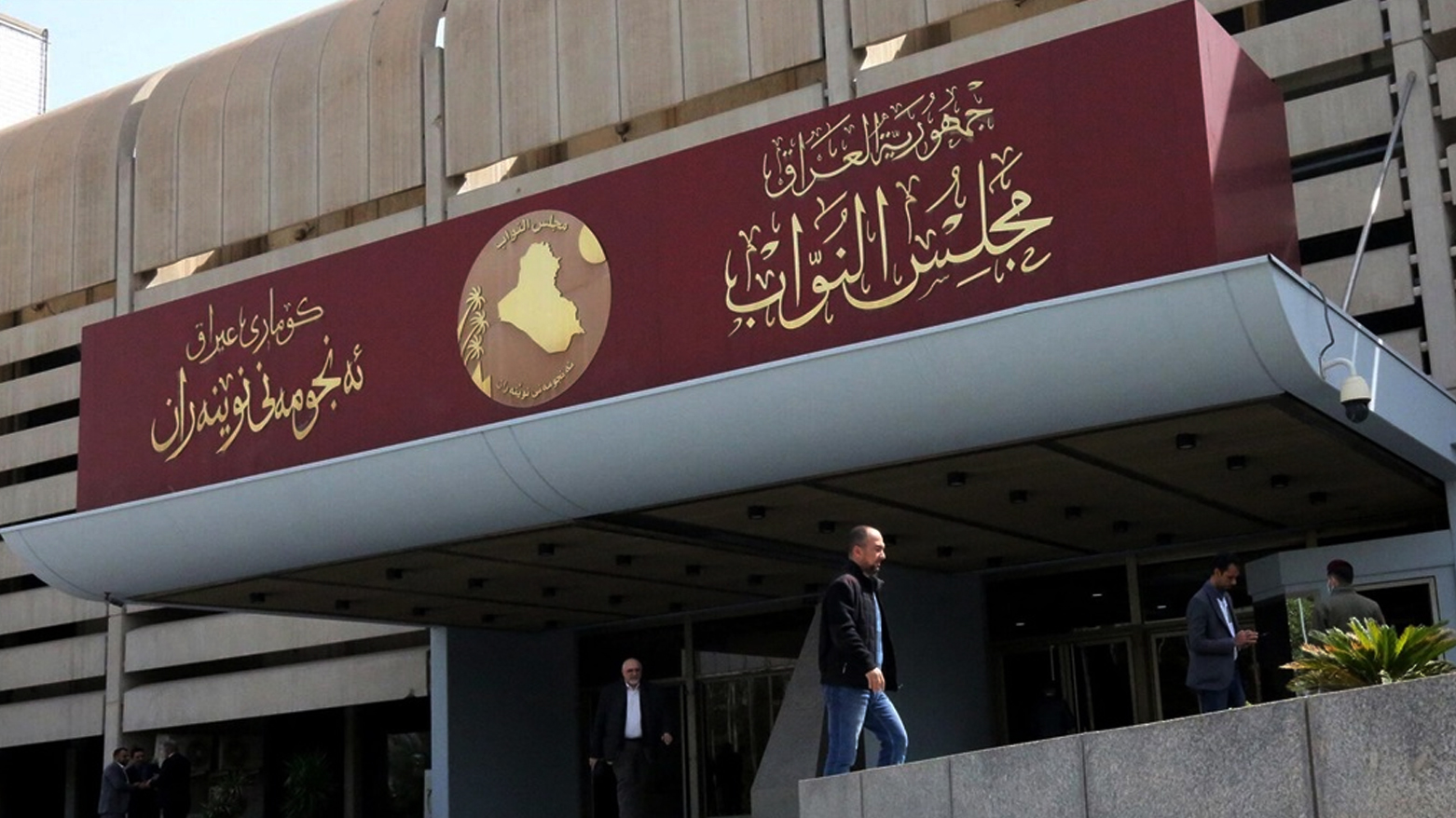Iraqi Parliament to Question Oil Officials over Iranian Oil Smuggling Allegations
Iraq’s Parliament will summon the Oil Minister and SOMO chief over U.S. allegations of smuggling Iranian oil mixed with Iraqi crude for export. Sanctioned businessman Salim Ahmad Saeed is accused of running the scheme, raising serious concerns over corruption and export integrity.

By Kamaran Aziz
ERBIL (Kurdistan24) — Iraq’s Oil and Gas Committee in Parliament will summon and question both the Minister of Oil and the head of the State Oil Marketing Organization (SOMO) next week regarding allegations of smuggling Iranian oil and blending it with Iraqi crude for official export. The move follows the latest U.S. sanctions targeting individuals and networks involved in such practices.
Sabah Subhi, a member of the Oil and Gas Committee, told Kurdistan24 that the planned questioning of Oil Minister Hayan Abdul-Ghani and SOMO head Ali Nazar Faiq had to be postponed due to their current official visit to Vienna. The interrogation is now scheduled for next week.
Subhi noted that the summons is directly related to a recent report issued by the U.S. Congress, which detailed how Iranian oil was smuggled, mixed with Iraqi oil, and exported abroad under false pretenses. The accusations have triggered serious concerns about the integrity of Iraq’s oil exports and the involvement of high-level Iraqi officials.
On Thursday, July 3, 2025, the U.S. Department of the Treasury announced sanctions against Iraqi businessman Salim Ahmad Saeed, who was accused of orchestrating a vast oil smuggling network. According to the U.S. Treasury’s Office of Foreign Assets Control (OFAC), Saeed and his associates mixed Iranian oil with Iraqi oil and sold it on the international market, channeling the proceeds to the Quds Force of Iran’s Islamic Revolutionary Guard Corps (IRGC), a designated terrorist organization.
The Treasury stated: “Among the entities sanctioned today is a network of companies run by Iraqi businessman Salim Ahmed Said (Said) that has profited from smuggling Iranian oil disguised as, or blended with, Iraqi oil.”
Secretary of the Treasury Scott Bessent added, “Treasury will continue to target Tehran’s revenue sources and intensify economic pressure to disrupt the regime’s access to the financial resources that fuel its destabilizing activities.”
Saeed’s network includes UAE-based VS Tankers FZE and VS Oil Terminal FZE, the latter of which operates out of Khor al-Zubayr, Iraq. These entities have facilitated the blending of Iranian and Iraqi oil, and smuggled the output to global markets, using forged documentation and allegedly bribing Iraqi officials. The Treasury report alleges that millions of dollars in kickbacks were paid to secure falsified vouchers that allowed Iranian oil to be exported as Iraqi crude.
The report further implicates vessels such as the DIJILAH and CASINOVA, which participated in ship-to-ship transfers to obscure the origin of the oil. Several of these vessels have been linked to Iran’s so-called “shadow fleet,” which supports oil sales in defiance of international sanctions.
In response to these developments, Iraq’s Oil and Gas Committee has expressed serious concern over the reputational and economic damage such smuggling could inflict on Iraq’s oil sector. Lawmakers are now seeking accountability and transparency, particularly from those charged with overseeing the country’s petroleum exports.
The outcome of the upcoming parliamentary questioning may have broad implications, not only for domestic governance but also for Iraq’s standing in the international energy market. The case has already highlighted the vulnerabilities in Iraq’s export infrastructure and the potential for exploitation by sanctioned actors.
